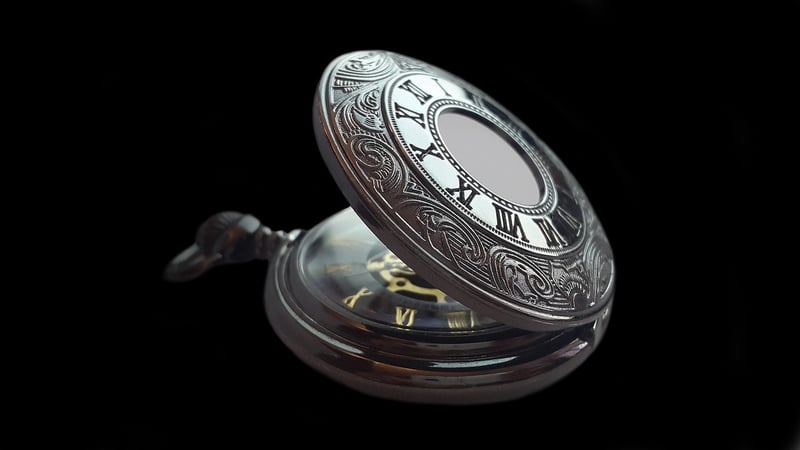Paradoxes
The Consequences of Time Travel and Paradoxes
Time travel has long been a fascinating concept in science fiction, allowing characters to leap through time and alter the course of history. While it captivates our imagination, the idea of time travel also raises intriguing questions about causality, paradoxes, and the consequences of meddling with the past or future.
Consequences of Time Travel:
1. Butterfly Effect: The smallest change in the past can have significant ripple effects on the present and future, leading to unforeseen consequences.
2. Altering History: Intervening in historical events could potentially change the outcome of major events, leading to a different timeline altogether.
3. Grandfather Paradox: One of the most famous time travel paradoxes, where a time traveler goes back and prevents their grandparents from meeting, thus preventing their own existence.
Paradoxes in Time Travel:
1. Bootstrap Paradox: Also known as a causal loop, where an object or information is sent back in time and becomes trapped in an infinite cause-effect loop with no clear origin.
2. Predestination Paradox: Occurs when a time traveler's actions in the past inadvertently lead to the events they were trying to prevent, creating a self-fulfilling prophecy.
Conclusion:
While time travel is a captivating concept, it comes with a myriad of consequences and paradoxes that challenge our understanding of time and causality. Whether it's the butterfly effect or the grandfather paradox, the implications of altering the past or future are far-reaching and complex. As we continue to explore the possibilities of time travel in fiction and theory, we must grapple with the profound ethical and philosophical questions it raises.


For more information on time travel and paradoxes, you can visit Space.com.
